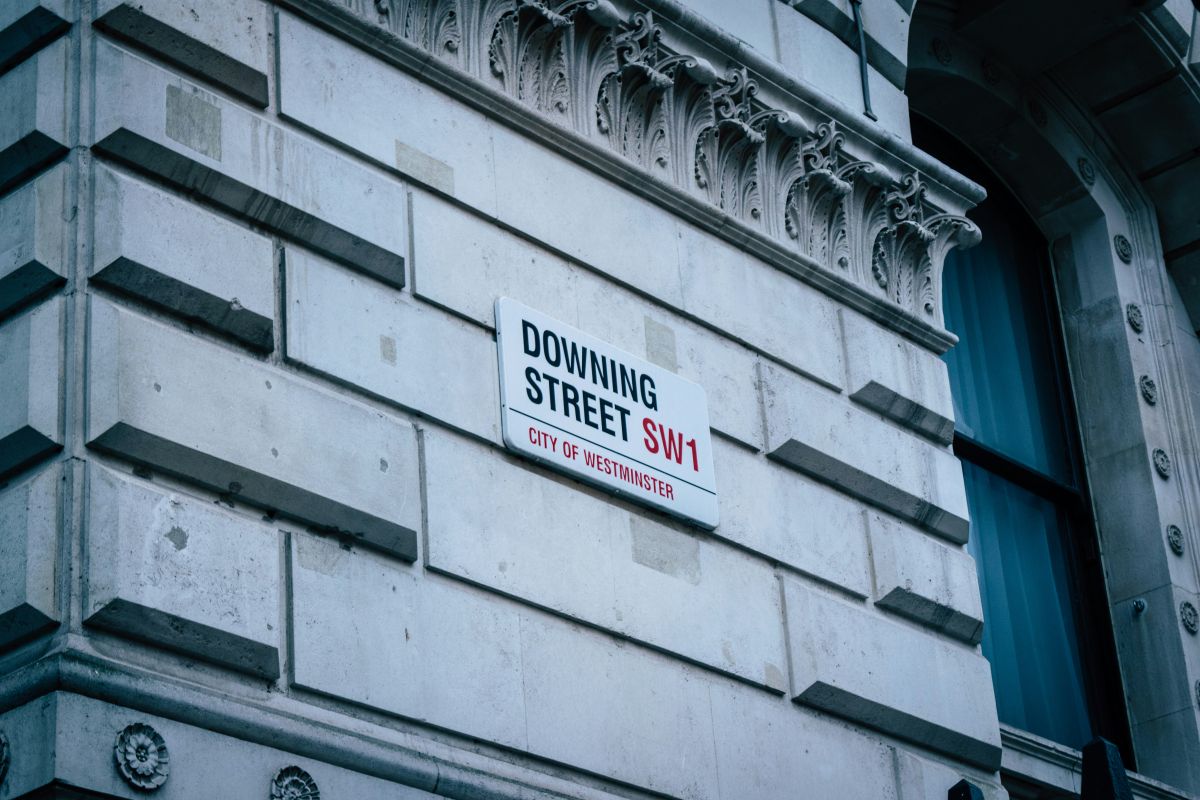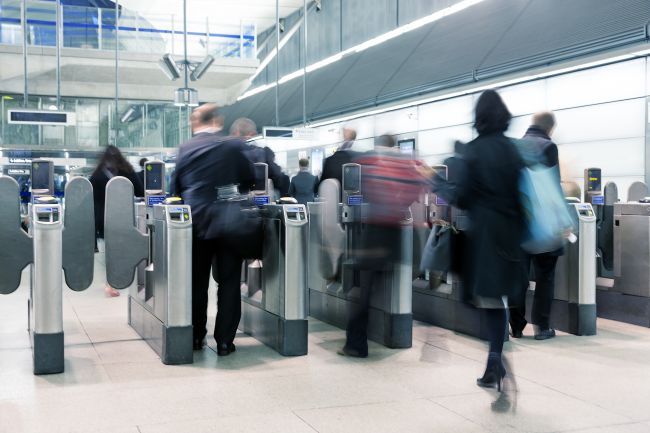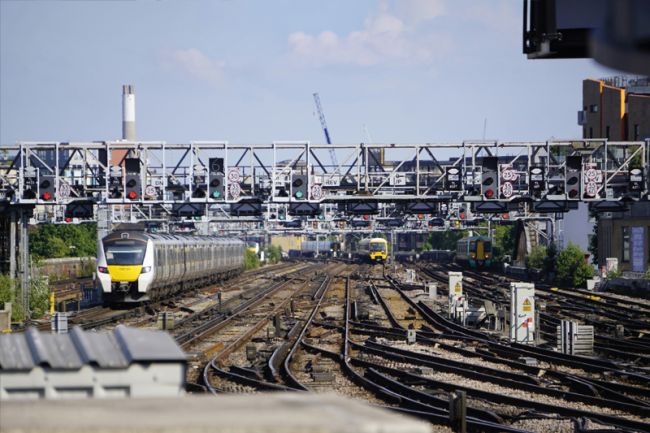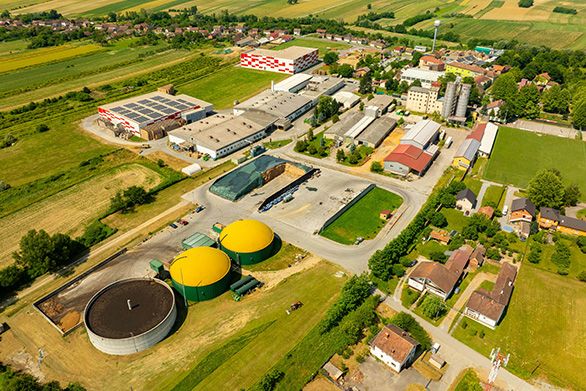Capital spending and planning reforms: Steer’s view on the UK Spring Statement
What does Rachel Reeves’s Spring Statement mean for transport, development and infrastructure?

What does Rachel Reeves’s Spring Statement mean for transport, development and infrastructure?
While the Chancellor reiterated the Government’s commitment to her fiscal rules and confirmed she would not be adding to tax changes introduced in the Autumn, she also referenced the shifting geopolitical landscape that is causing changeable headwinds for the economy.
Reeves’s Spring Statement (which the Chancellor emphasised was not a budget) focused largely on defence spending increases in response to the war in Ukraine and changes in the position of the new US administration, as well as on alterations to the benefits system to balance the UK’s books.
Meanwhile, the Government’s continued focus on growth and productivity has renewed imperative given the downgrading of the UK’s growth forecast for 2025 by around 1% by the Office for Budget Responsibility (OBR). From Steer’s understanding, the Government maintains its commitments made in Autumn on electric vehicles, rail, energy, housing, devolution and city regions, all of which will be important drivers of growth through connectivity, skills and decarbonisation.
In addition, there were some interesting insights for the sectors we serve to keep an eye on.
Protecting and increasing capital spending
The Autumn statement made headlines for big commitments to capital spending as well as reforms to pension funds and the launch of the National Wealth Fund.
Reeves reaffirmed her commitment to £100 billion in capital spending and announced an extra £2 billion per year for infrastructure, hoping to attract private investment in the process. While there is private capital available, investors require stability and agility for money to be deployed in the UK. We need an environment of stable policy and reform to create opportunities for the private sector to intelligently assess investment and invest in creating proposals with confidence and with serious and quick consideration by the government.
Planning reforms are so far projected to be a success
Changes earlier this year to the National Planning Policy Framework (NPPF) were closely analysed across our industry, with discussions around sustainable development and categorisation of grey belt land.
Reeves stated that the OBR has said the planning reforms introduced by Labour will cause a permanent 0.2% increase in GDP and that housebuilding will reach a 40-year high of 1.3 million over the next five years.
Big opportunities for authorities, planners, and developers are presented here, but conversations around connectivity, densification, and what healthy communities will look like in the future are ongoing.
Big projects to drive the economy
Labour's ‘builders not blockers’ mantra has seen them approve two big infrastructure projects over the last few weeks, and they have stated that they are minded to approve Gatwick Airport DCO.
The long-delayed and much-debated third runway at Heathrow will increase the size of Europe’s busiest airport, while the Lower Thames Crossing will improve connectivity in the Southeast between Kent and Essex.
The Government’s drive for growth and reforms will, it is hoped, make building projects such as this easier in the UK going forward, making use of private capital investment where available to support these projects.























